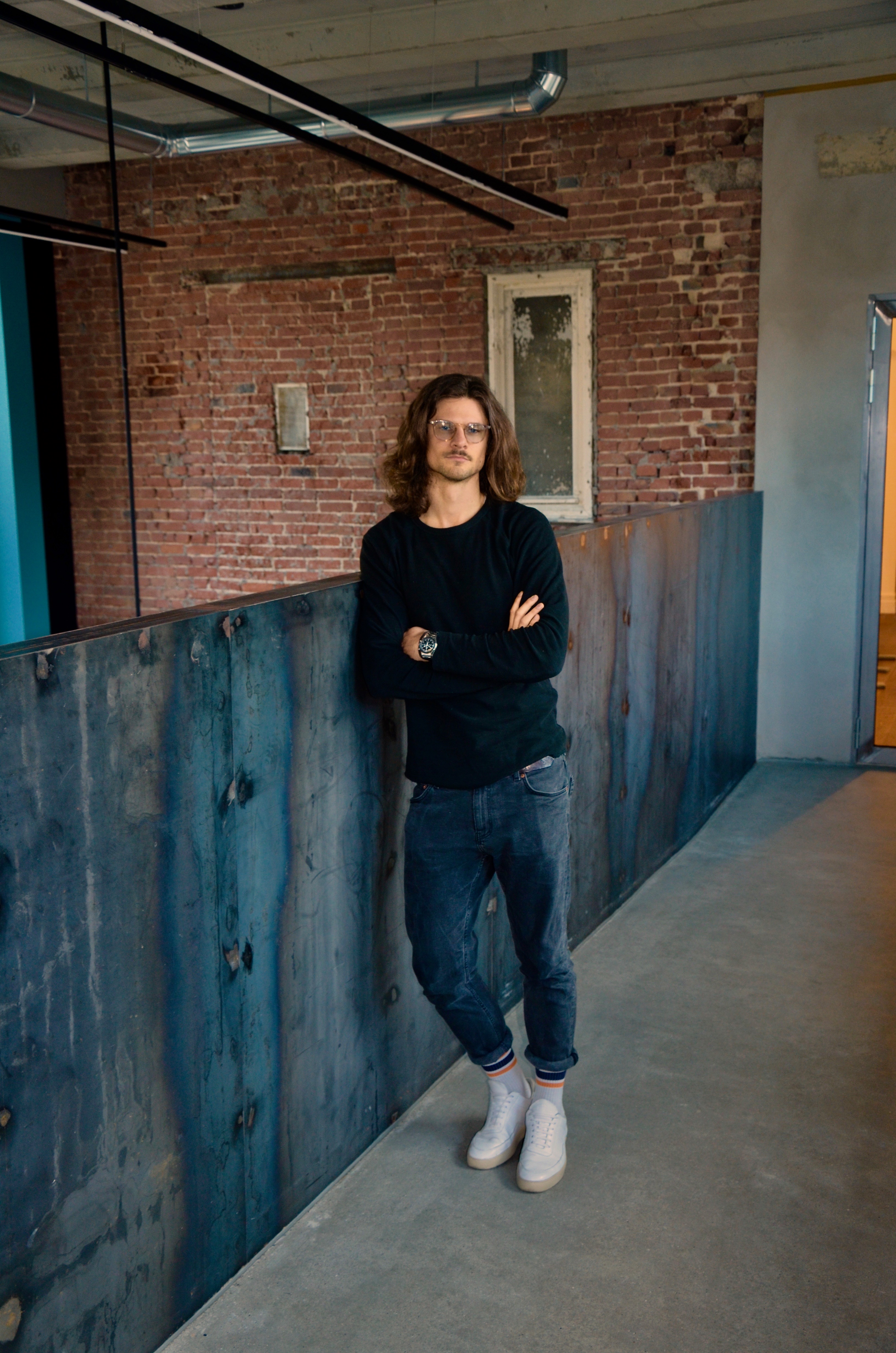Coindex is is among the first set of startups selected to present to leading investors like SeedX Lichtenstein, Capnamic Ventures and Giesecke+Devrient Ventures at the 11th FinTech Forum, 21st Nov. 2019 in Frankfurt: https://ftf11.eventbrite.com
1. Please tell us a bit about yourself, both at work and leisure.
I am 30 years old and I am born and raised in OWL, where we are also located with coindex® now. I started off in a family-run business and worked in management consultancy for 8 years. For around 6 years I am involved with startups, but I never lost my connection to the corporate world. I wouldn’t see myself as the insurgent disruptor, but rather interested in bringing together big corporations with small and agile startups. I am married and I love beautiful things such as books, movies, self build bikes, gadgets as well as doing various forms of sports.
2. Which services do you sell and who are your competitors?
coindex® is a digital asset manager to purchase, manage and store an index-based crypto portfolio. Every portfolio created through coindex® is based on the cdx® index family. The cdx® is the first German crypto index with a WKN/ISIN, which lead to it being listed on countless sites like Handelsblatt and on exchanges like Börse Stuttgart. Our vision is to offer the easiest and best way to digital asset, which include both crypto and tokenized assets. The asset manager will be followed up by a wide array of other features and products. Since our complex business architecture allows us to act fully regulatory compliant under German law, our competition in Germany is limited to the Bisonapp and bitcoin.de – but both of those competitors focus on more experienced investors, while we make digital assets available to everyone. No domain-knowledge needed.
3. How did you get your startup idea and how did you go about launching it?
Crypto assets were really taking off in 2017. My Co-Founder Sergio and me started learning about crypto some time before that and by 2017 we had already gathered substantial knowledge. A lot of people knew this and asked for help. Some even wanted to give us their money, so we would handle the investment for them. Thus we both felt the need first hand. Our friends and network made us very affine for fintech, especially concerning the hype around robo advisory. We asked ourselves ‘why has the regulated and legal approach of fintechs not been applied to the world of crypto?’ We started coindex® by understanding the market and the real customer need as well as sorting all the regulatory questions. We tried to understand all underlying technological needs and realized there was almost no existing infrastructure in place. A robo advisory using traditional financial assets basically just needs logic and a frontend, while we needed to figure out a way to connect to all exchanges and trading hubs, as well as the complex topic of custody.
4. How did you finance your startup and what learnings would you like to share from the fund-raising journey.
We bootstrapped coindex® as much as possible and onboarded a few angel investors in the first few months. With the new year we raised a midsized pre seed round to continue growing. We started raising money when the market broke down. One big learning is that raising money is really sensitive to the market situation – especially with volatile markets. Thus you need to select investors who really understand the topic and are willing to undergo risk. Many investors made their money with e-commerce or adtech. They understand clear metrics, where channels and e.g. cac are well defined. When a disruptive business model with more frontloading forces you to leave this behind, only a few are still willing to invest. Therefore you really need to check the background and experience of potential investors.
5. What areas within Fintech do you personally find most interesting and why?
I love everything that makes banking and similar services easier. There are a lot of topics that feel really hard to understand and time intensive. I am thinking about everything money related, insurances, pension planning and so on. These things need to be made easier, more accessible, planable, flexible and suitable to the time we live in. It should not feel like 1990 anymore. Improvements in these realms can not only lead to individual advantages. Society benefits a lot if people develop an awareness and accessibility for insurances.
6. What opportunities do you see for fintech startups in europe and how can we help?
Optimizing everything that is mentioned above has to and will transform in the upcoming years. Enabling people to easily manage financials and insurance is and will be a big thing. Of course the world of digital assets will play a big role in tomorrow’s finances – this market is still vacant and thus presents a great opportunity for fintech startups. The most helpful thing you and existing corporations can do is to work in close partnership with fintech startups. Not only startups have to adjust to corporate rules. Corporates need to adjust to startups too. Bureaucracy needs to be more accessible for startups. Authorities need to stop blocking and start enabling startups. We also need risk affine and innovative investors, that don’t rely on known metrics and models but are interested in creating something truly disruptive.
7. What top would you like to give to fintech entrepreneurs?
Fintech will always be regulated business. The first step should always be to lay out all regulatory foundations of your business. You need to be really honest with yourself: can and do you want to take these hurdles? Are there ways to finance the idea, even if the frontloading will take longer than you calculate for? Are you the best person to do this? Some regulations demand specific qualifications from the managing team. A good example for this is Coya.

